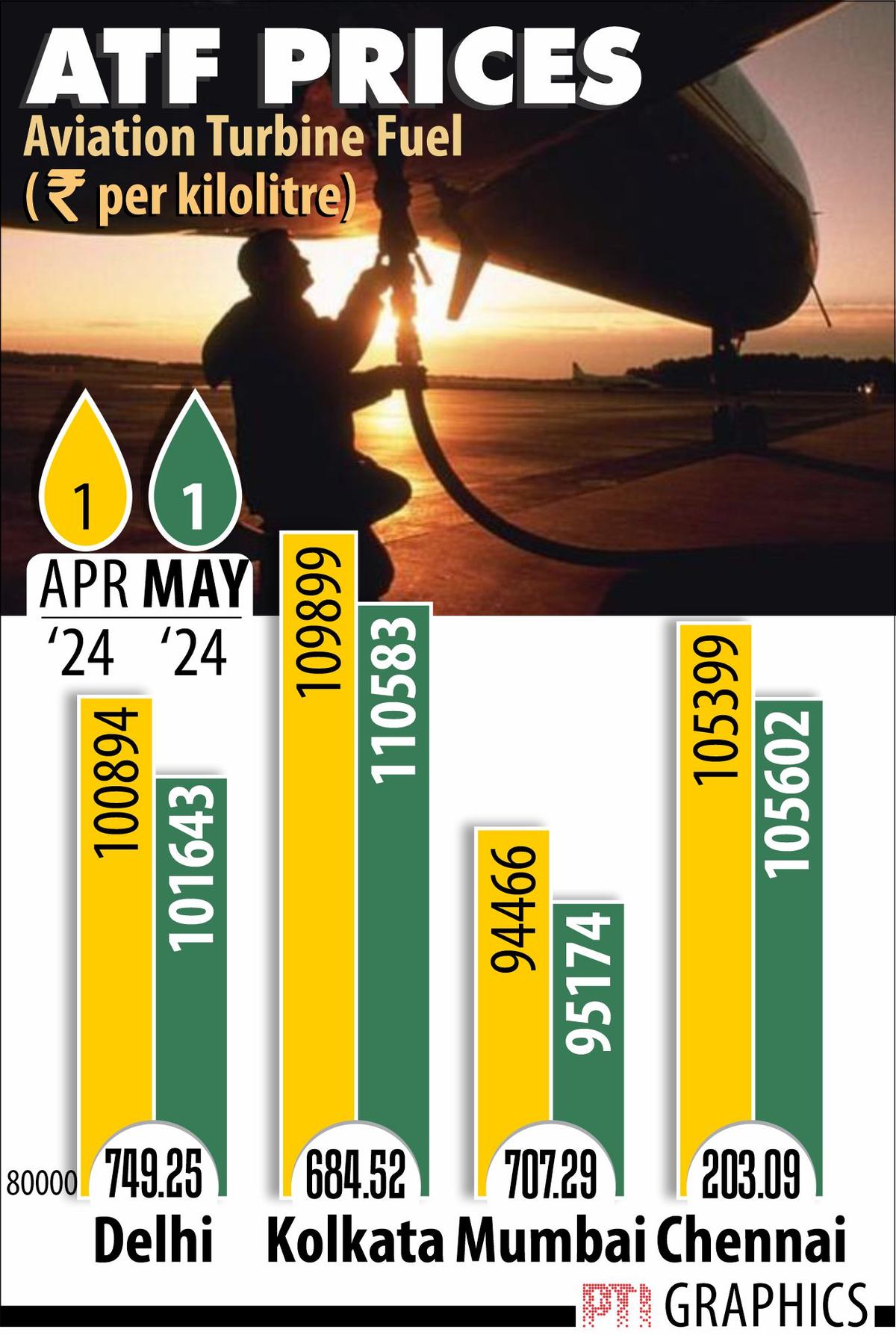The first Union budget of the Modi 3.0 government saw a concerted effort at women-led development, with the Finance Minister announcing more than ₹3 lakh crore for schemes benefiting women and girls
| Photo Credit: M. Moorthy
The first Union budget of the Modi 3.0 government saw a concerted effort at women-led development, with the Finance Minister announcing more than ₹3 lakh crore for schemes benefiting women and girls, and promised a look at further lowering duties for properties purchased by women.
She also announced a new pension scheme named ‘Vatsalya’. A contributory pension scheme, this will have contributions from parents and guardians. On the child attaining the age of majority, the plan can be converted seamlessly into a regular National Pension System (NPS) account.
Other announcements include the setting up of special working women’s hostels and creches in collaboration with industries to facilitate women’s employment, and promoting women-specific skilling programmes and support for women’s self help groups.
According to an analysis by The Hindu’s data team, the allocation for the Ministry of Women and Child Development has actually seen a dip, though very marginal, of 0.03%. While the budget estimate for FY25 is ₹26,092 crore, the revised estimate in FY24 was ₹25,448 crore.
The allocations for schemes coming under the Women and Child Development (WCD) Ministry, including ‘Samarthya’ (supporting projects such as women’s hostels), ‘Swadhar Greh’, and ‘Pradhan Mantri Matru Vandana Yojana’, have also been increased slightly.
A significant portion of the WCD Ministry’s budget is directed towards Centrally-sponsored schemes, which received ₹25,848 crore.
The flagship schemes under the Ministry, including ‘Saksham Anganwadi’, POSHAN 2.0, Mission Vatsalya and Mission Shakti, have been given substantial funds to continue their efforts in improving nutrition, child protection, and women’s empowerment.
What activists really find encouraging though are the doubling of the upper limit of Mudra loans to ₹20 lakh to promote entrepreneurship in the country as, according to them, nearly 60% of entrepreneurs in the micro, small and medium enterprises (MSME) sector are women, and they are desperately in need of formal loans.

The credit guarantee scheme for MSMEs is also likely to be benificial for women, they feel.
“The MSME sector has the maximum number of women who struggle to get collateral-free loans. These efforts made in the Union budget would be hugely beneficial to them as we have observed in our work with communities,” Kalpana Ajayan, regional head, South Asia, Women’s World Banking, and Member, Gender Committee, Reserve Bank Innovation Hub, said.
She said that the Union budget missed out on the need for gender aggregated data to be placed in the public domain in order to see how women have benefitted from gender-budgeting over the years.











